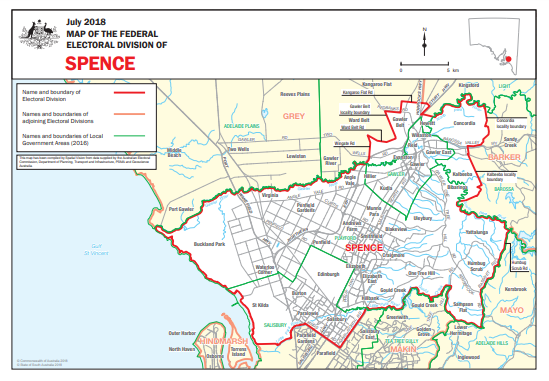|
|
|
|
| Adam Carr's Election Archive
|
Australian federal election, 2016
Division of Spence, South Australia
Named for: Catherine Helen Spence (1825-1910): suffragist
and social reformer. First female political candidate in Australia
(1897).
Northern Adelaide: Elizabeth, Gawler, Munno Para, Salisbury
State seats: All of
Elizabeth and
Light, parts of
King,
Port Adelaide,
Ramsay and
Taylor
Local government areas: All of
Gawler and
Playford, parts of
Barossa,
Light and
Salisbury
Borders with:
Barker,
Grey,
Hindmarsh and
Makin
Enrolment at 2019 election: 119,402
Enrolment at 2022 election: 129,243 (+08.3)
1999 republic referendum: No 66.8
2018 same-sex marriage survey: Yes 61.0
Sitting member: Nick Champion (Labor):
Elected (for Wakefeld) 2007, 2010, 2013, 2016, (for Spence) 2019. Retiring 2022
2007 Labor majority over Liberal: 6.6% *
2010 Labor majority over Liberal: 12.0% *
2013 Labor majority over Liberal: 3.4% *
2016 Labor majority over Liberal 10.9% *
2019 Labor majority over Liberal 14.1%
* as Wakefield
Liberal two-party vote 1983-2019
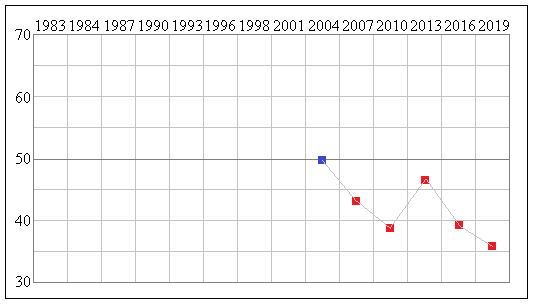
Status: Safe Labor
Best Labor booths, two-party vote: Elizabeth Downs (76.5), Elizabeth South (76.4), Davoren Park (75.9),
Elizabeth Grove (75.6), Elizabeth North (75.5)
Best Liberal booths, two-party vote: One Tree Hill (58.6), Gawler PPVC (52.4), Gawler East (50.8), Angle Vale (49.5),
Virginia (49.2)
2019 results
Statistics and history
Candidates in ballot-paper order:
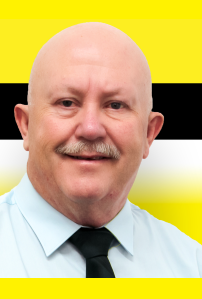 |
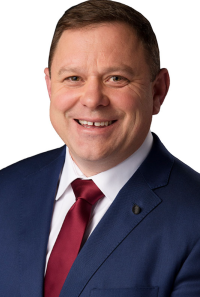 |
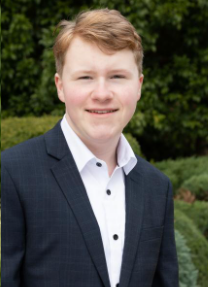 |
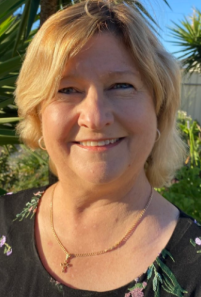 |
1. Alvin Warren
United Australia Party |
2. Matt Burnell
Australian Labor Party |
3. David Deex
Australian Greens |
4. Matilda Bawden
Australian Federation Party |
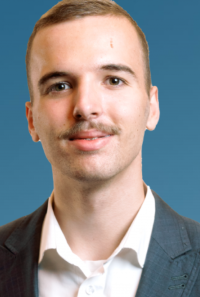 |
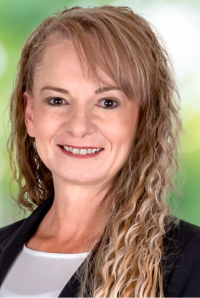 |
5. Shawn Lock
Liberal Party |
6. Linda Champion
Pauline Hanson's One Nation |
Candidate websites:
Matilda Bawden
Matt Burnell
Linda Champion
David Deex
Shawn Lock
Alvin Warren
Division of Spence
The seat of Spence was created by the 2018 redistribution, replacing the old seat of
Wakefield, which had existed since
South Australia was first divided into electorates in 1903. For most of its history Wakefield was a rural seat based in the
Riverland area east of Adelaide, extending at times into the state's far north. The 2003 redistribution, however, radically
changed the seat, removing the Riverland and adding a large chunk of Adelaide's northern industrial suburbs. This turned a very safe
Liberal seat into a very marginal one - which is why my two-party vote table begins in 2004. Since then the seat has got steadily
better for Labor.
Spence's real ancestor is the seat of
Bonython, which existed from 1955 to
2004 and was firmly based on the northern Adelaide suburbs of Elizabeth and Salisbury. That is where Spence is now located, and it
is, as Bonython was, a safe Labor seat.
Spence was created because the 2018 redistribution abolished the seat of
Port Adelaide, requiring that the
surrounding seats be drawn inwards to fill the gap. Spence gained the Paralowie-Salisbury area from Port Adelaide, while
shedding all its rural areas to
Barker and
Grey. Like Bonython and the urban parts of Wakefield, it has a low
median family income. It has the lowest proportion of university graduates and also of people in
professional and managerial occupations of any seat in Austalia. It also has a low level of people living in non English
speaking households for a working-class seat.
The first member for Wakefield was
Sir Frederick Holder, the first Speaker of the House of Representatives. Later members
included Liberal Cabinet minister Sir
Philip McBride and another Speaker,
Neil Andrew.
Nick Champion, Labor MP for Wakefield since 2007, was the beneficiary of the 2018 changes. He was an official with the Shop
Distributive and Allied Employees' Association and a state ministerial adviser before his election. In early 2021 he announced that
he would not recontest the seat, but would stand for the South Australian Parliament at next state election. In July Labor chose
Transport Workers Union official Matt Burnell as its new candidate: he is assured of election. The Greens candidate is David Deex,
a student.
Demographics:
Median weekly household income: $1,092 (Australia $1,438)
People over 65: 13.8% (Australia 15.8%)
Indigenous: 3.1% (Australia 2.8%)
Australian born: 64.8% (Australia 66.7%)
Non-English-speaking households: 11.1% (Australia 22.2%)
Catholics 15.2% (Australia 22.6%)
No religion 39.3% (Australia 29.6%)
University graduates: 7.1% (Australia 22.0%)
Professional and managerial employment: 20.0% (Australia 35.2%)
Employed in manufacturing and construction: 28.2% (Australia 22.9%)
Paying a mortgage: 38.3% (Australia 34.5%)
Renting: 31.5% (Australia 30.9%)
Traditional families: 28.7% (Australia 32.8%)
Back to main page
|
|

